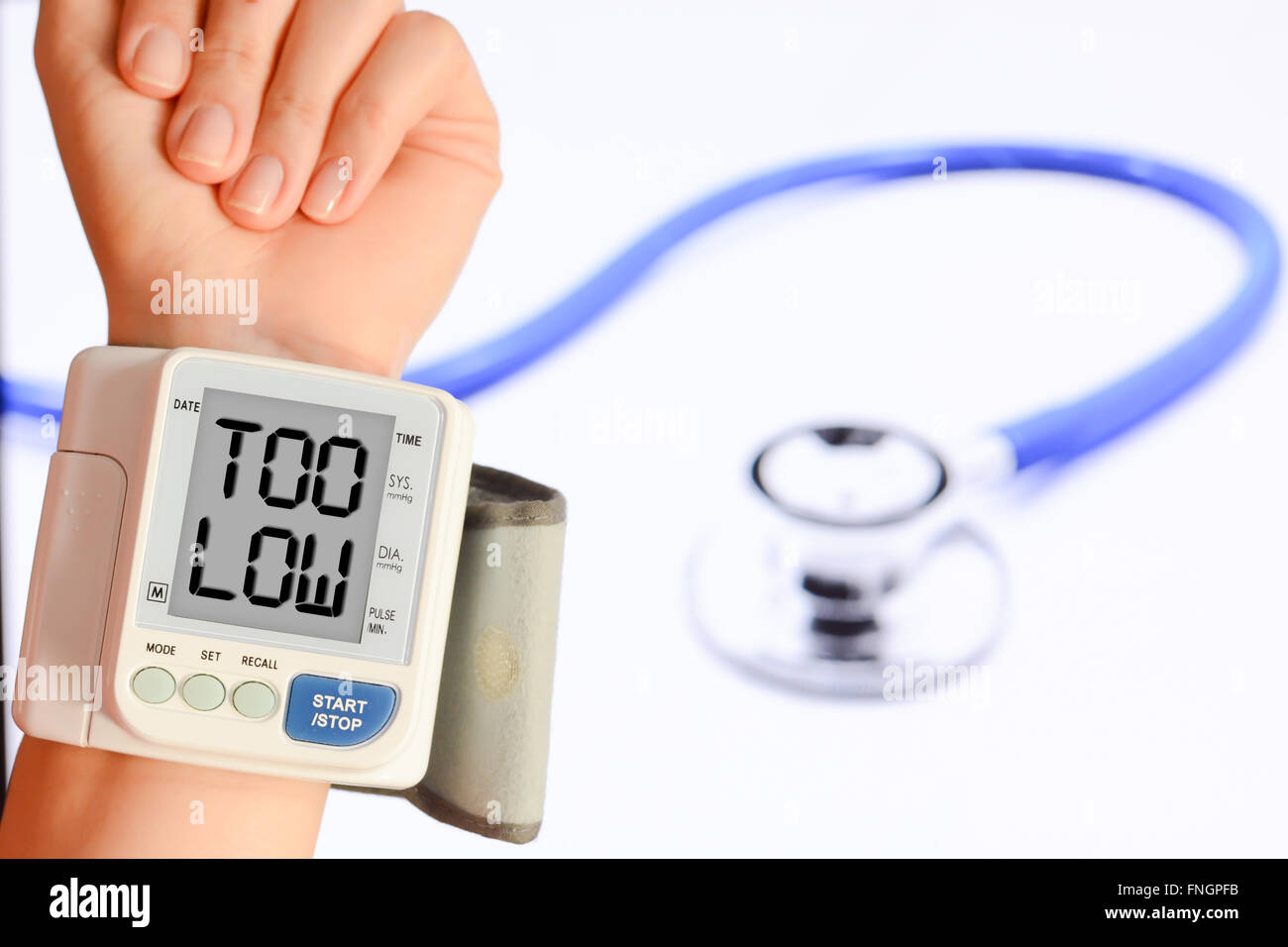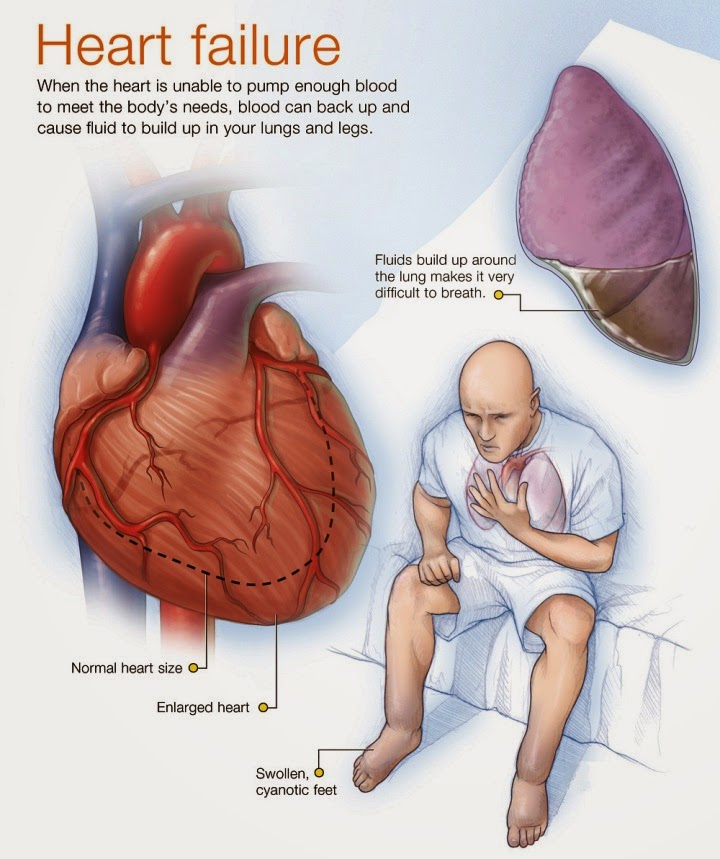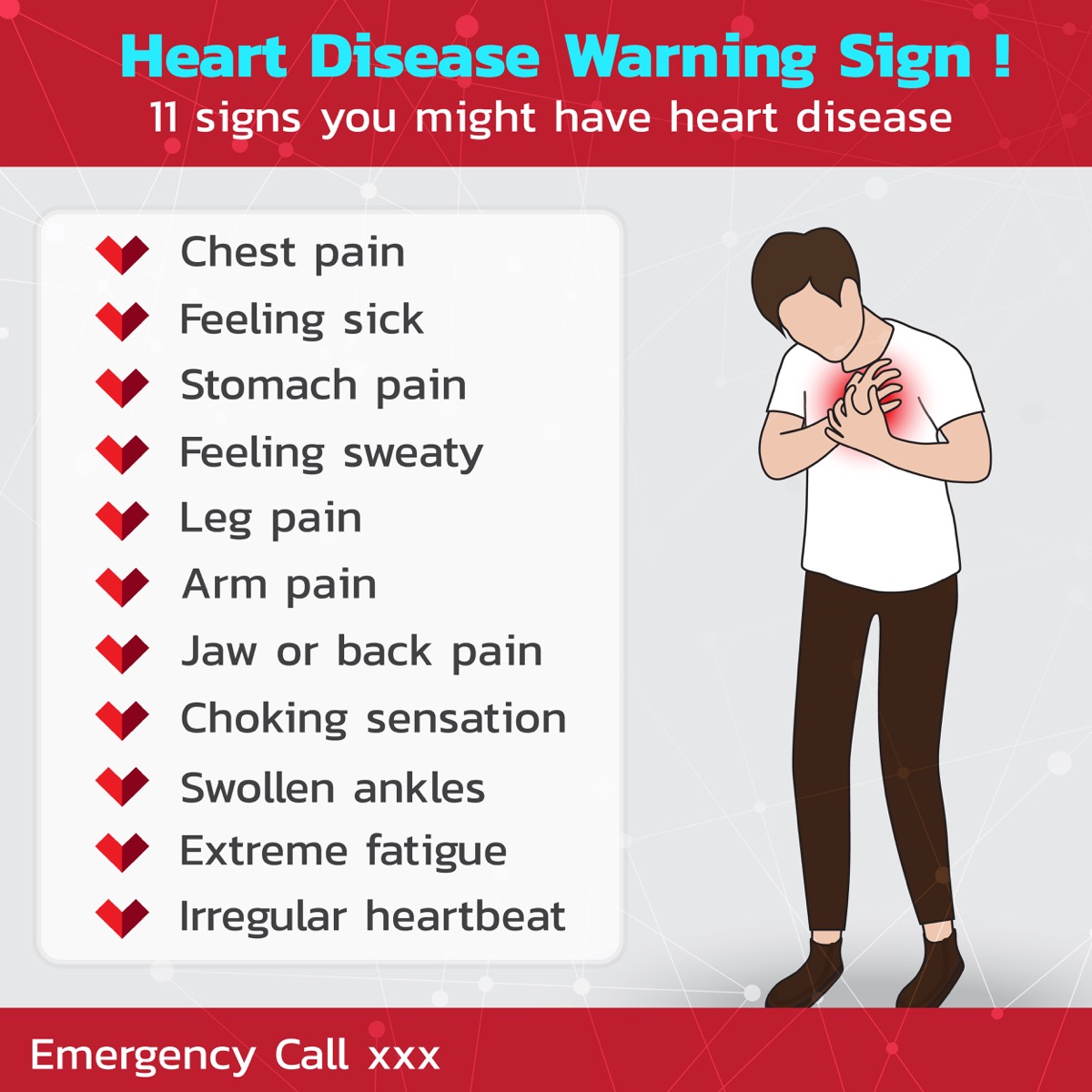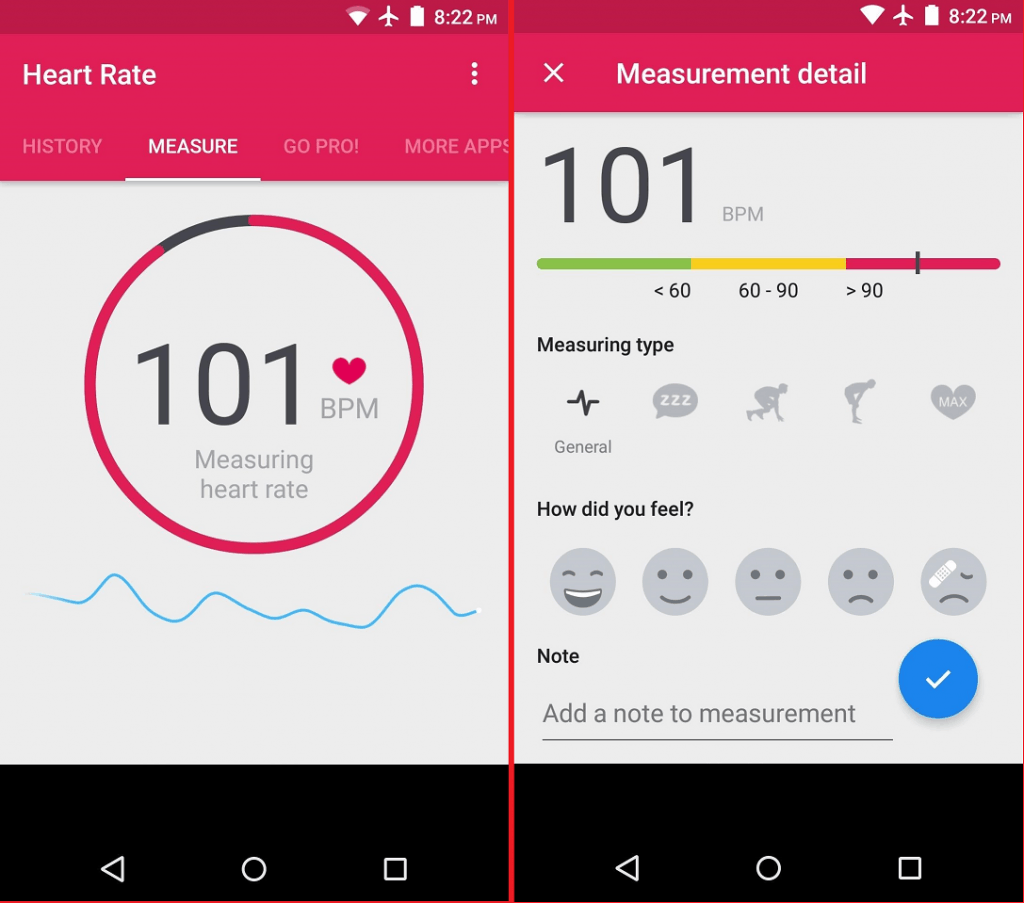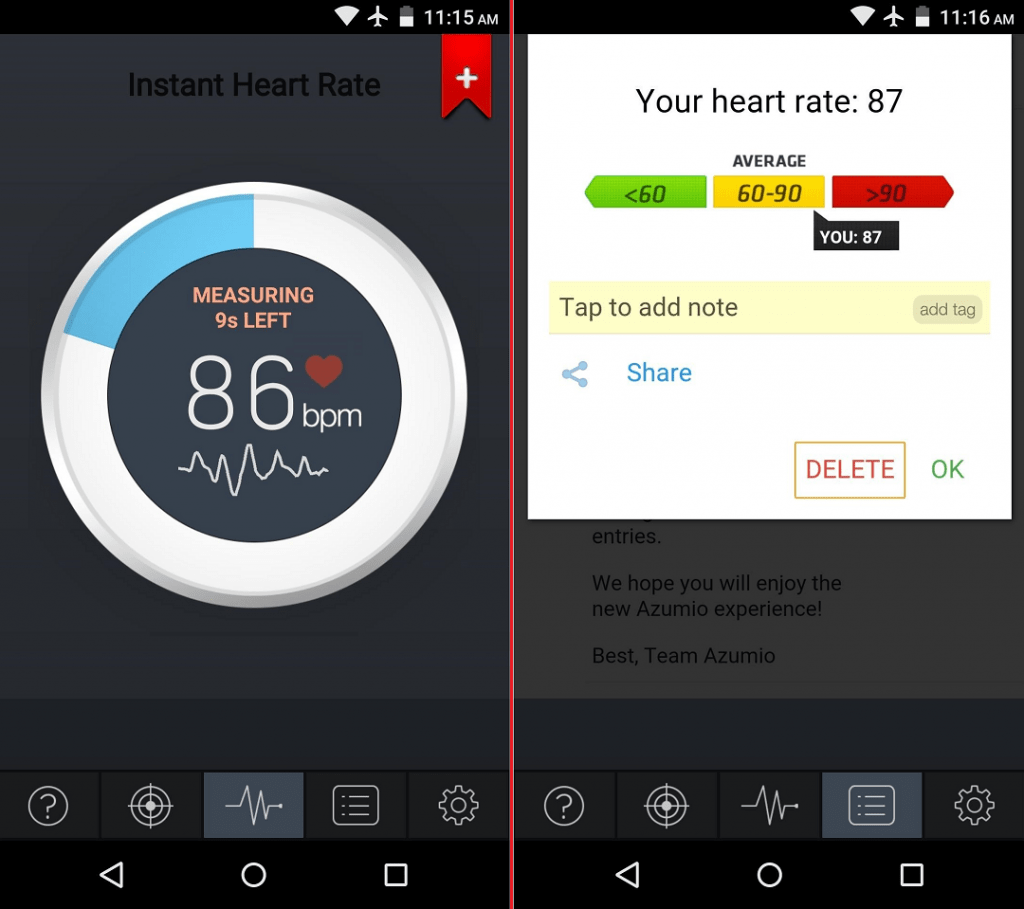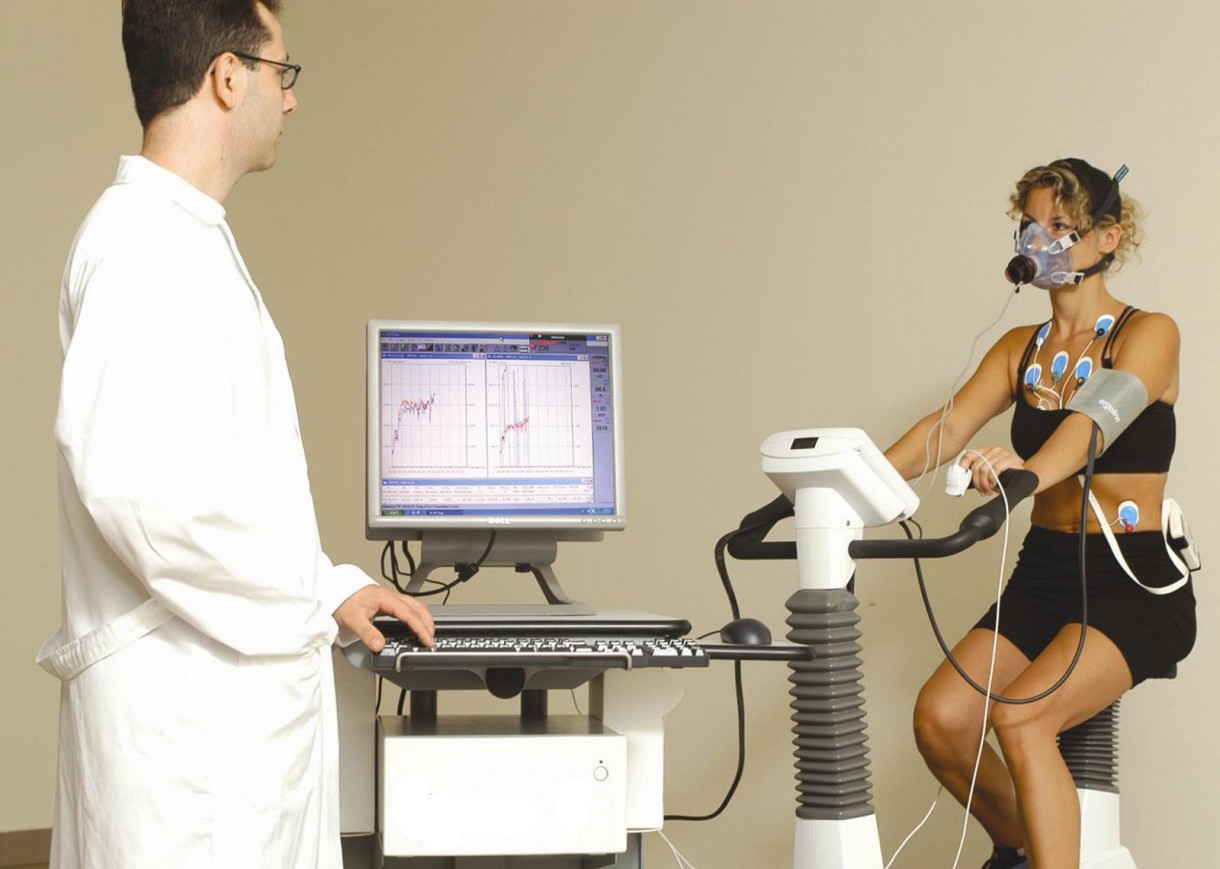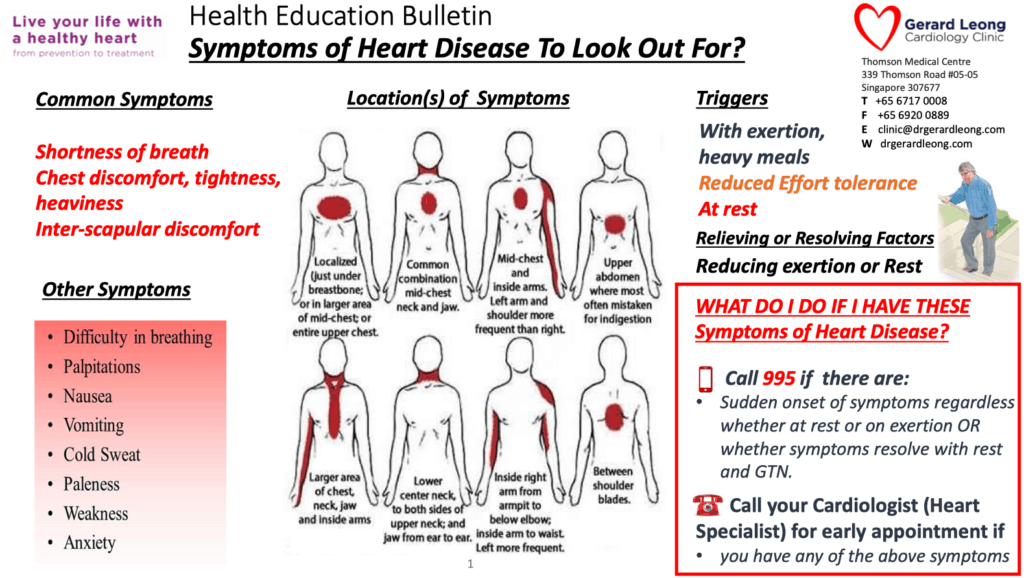Stunning Tips About How To Check For Heart Problems

In general, democrats believe the abortion issue can help them in a big way in 2024.
How to check for heart problems. Blood tests can help diagnose diseases that can affect the heart. Press lightly and feel the pulse. They’ll also check your heart.
Nausea, indigestion, heartburn, or stomach pain. If your levels are high, your healthcare provider will discuss how to reduce your risk of cardiovascular problems. Even if you have no history of heart disease, the aha recommends getting the following heart health screenings:
Blood vessel disease, such as coronary artery disease. An ecg is a quick and painless test that. You can tell if you have an.
You can check for heart disease at home by measuring your pulse rate and your blood pressure if you have a blood pressure monitor. Many heart diseases develop over time. The highest risk factors for heart disease are smoking, high blood.
Locate the artery you will use to find your heart rate. It's important to remember that one blood test alone doesn't decide the risk of heart disease. At the wrist, lightly press the index and middle fingers of one hand on the opposite wrist, just below the base of the thumb.
Warning signs and symptoms of heart disease. At the heart of the issue lies the structuring of tavares' compensation. The canada revenue agency contends that his entire bonus.
Researchers working as part of the global vaccine data network used deidentified electronic healthcare data to compare the rates of 13 brain, blood and heart. The heart of the issue. Medical encyclopedia →.
Will that pain wear off, or is it time to see your doctor or even. Once you’ve found your pulse, continue to feel it for about 30 seconds.
Heart disease often develops over time. Pain that spreads to the arm. But one day, dancy, who lives in columbus, ohio, stepped off an elevator on her way to work and lost her vision for a few moments.
Heart disease describes a range of conditions that affect the heart. You may have early signs or symptoms long. Routine screening tests.
